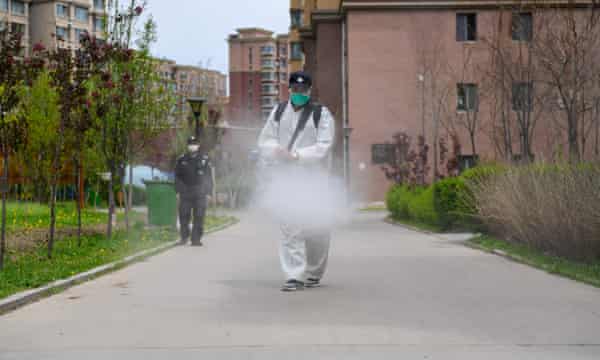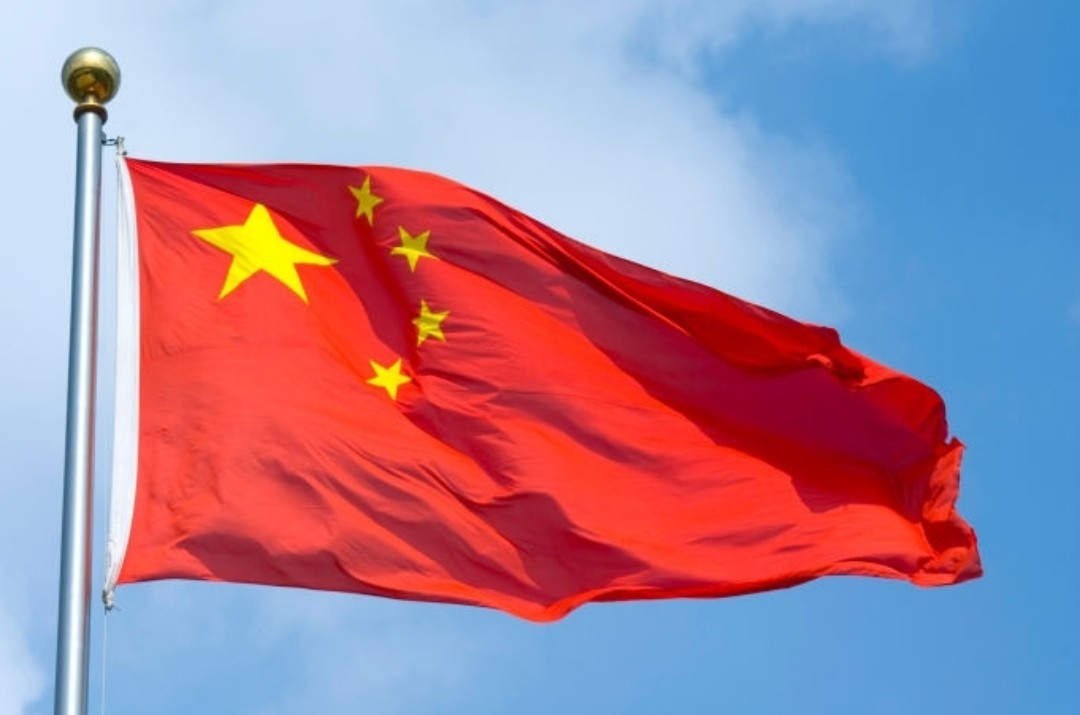Measures tightened further in city of 700,000 close to Russian border that has been deemed a high-risk area
Chinese authorities have sealed off the north-eastern city of Shulan, home to about 700,000 people, after an outbreak of coronavirus, imposing measures similar to those used in Wuhan.
All villages and residential compounds in the city were closed off, and only one person from each household allowed out for two hours every second day for essentials.
The development came as Beijing signalled it could ease some border restrictions as it prepares for the start on Thursday of its signature political event, the Communist party’s delayed annual congress, also known as the “two sessions”.
In Shulan, residential compounds were restricted to just one entry and exit for emergency vehicles, and banned non-residents and vehicles from entering. If there are confirmed cases in a community residence, no one can enter or leave.
Last week, the city was reclassified as high risk after a cluster of cases emerged connected to a woman with no known history of travel or exposure to the virus. In response, authorities ordered the temporary closure of public places, schools and public transport.
On Monday however these restrictions were increased further, with China Daily referring to the city as “the latest pandemic hotspot in the country”. It said hundreds of people were under medical quarantine, and that life might not go back to normal for weeks.
On Tuesday, another nearby city introduced protective measures.
Jilin province authorities said that due to the “severe circumstances” of the epidemic in the areas surrounding the city of Jiaohe, public transport inside the city and between the city and neighbouring counties would be stopped until further notice.
The north-east of the country, which borders Russia and North Korea, has emerged as an area of serious concern, as cases appear to have been brought in from across the border, and then begun to spread locally.

At least 34 people have been diagnosed with Covid-19 in Jilin province in the past fortnight.
Despite the highest level of lockdowns prompted by just a few dozen cases, Chinese media have said the country can handle more imported cases and will likely begin opening up again.
Chinese media has reported the country is likely to ease its border controls after the two sessions meeting, which begins Thursday.
Relaxed entry rules could apply to Chinese students overseas who want to return home after graduating, and business travellers, but not large numbers of tourists yet, according to academics quoted by the Global Times.
Zhou Zijun, a public health expert at Peking university, told the paper China “can now properly handle a small level of imported cases”.

Discussions were reportedly beginning between countries including China, Japan and South Korea, about opening channels for business travel, with strict testing requirements.
On Monday China reported six new cases of Covid-19, of which three were local transmissions. Two were in Jilin province, and one in Hubei. The national health commission also reported 17 new asymptomatic coronavirus cases.
Chinese authorities are particularly sensitive to the possibility of further outbreaks, just days out from its annual “two sessions”, which had been postponed from March because of the coronavirus. While there are extra measures in place to ensure the meeting of party delegates goes ahead safely, it is a sign that Beijing believes it is beginning to go back to normal.
At the end of April tens of millions of people travelled for the first time in months over a five-day national holiday, and quarantine requirements on people arriving in Beijing were lifted.
Housing officials in charge of residences have been warned they will be removed from their roles if there are new outbreaks, prompting speculation this could backfire and lead to local cover-ups. Some officials in Wuhan – where another small outbreak recently prompted an ambitious plan to test all 11 million residents – and Jilin province have already been removed from their posts, Chinese media has reported.

